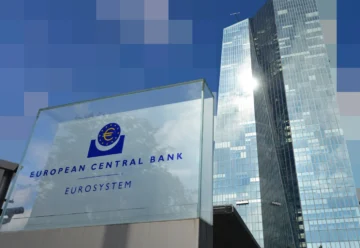Solana Devs Prepare Largest Upgrade to Mainnet

Solana developers unveiled a new consensus protocol that will upgrade the core blockchain algorithm, boosting the network’s resilience, scalability, and performance to Web2 project standards.
The ANZA development team, responsible for software development at Solana Labs, introduced Alpenglow, a next-generation consensus protocol for the Solana mainnet. This solution aims to replace legacy components of the consensus algorithm such as TowerBFT and Proof-of-History (PoH).
Alpenglow introduces two key new mechanisms — Votor, handling block voting and finalization, and Rotor, an updated data propagation protocol replacing the former Turbine, simplifying data distribution architecture and improving network stability.
Key advantages of Alpenglow highlighted by the developers include:
- dramatically faster transaction confirmations, reducing latency to 100–150 milliseconds after submission;
- network stability under high load conditions;
- enhanced coordination between validators;
- scalable network growth without performance degradation.
The devs state that the new consensus will increase the network’s resistance to external attacks and minimize transaction rollbacks through rapid block finalization. This improvement will make Solana an ideal foundation for real-time applications, including gaming platforms and DeFi solutions.
Alpenglow is designed to elevate Solana’s overall performance to match Web2 project standards.
Currently, the protocol is undergoing simulation testing. The developers are also preparing tools and documentation for validators to ensure a smooth transition. The Alpenglow white paper is available on the official website.
Solana recently introduced an optional quantum-resistant solution for asset custody within the blockchain.











